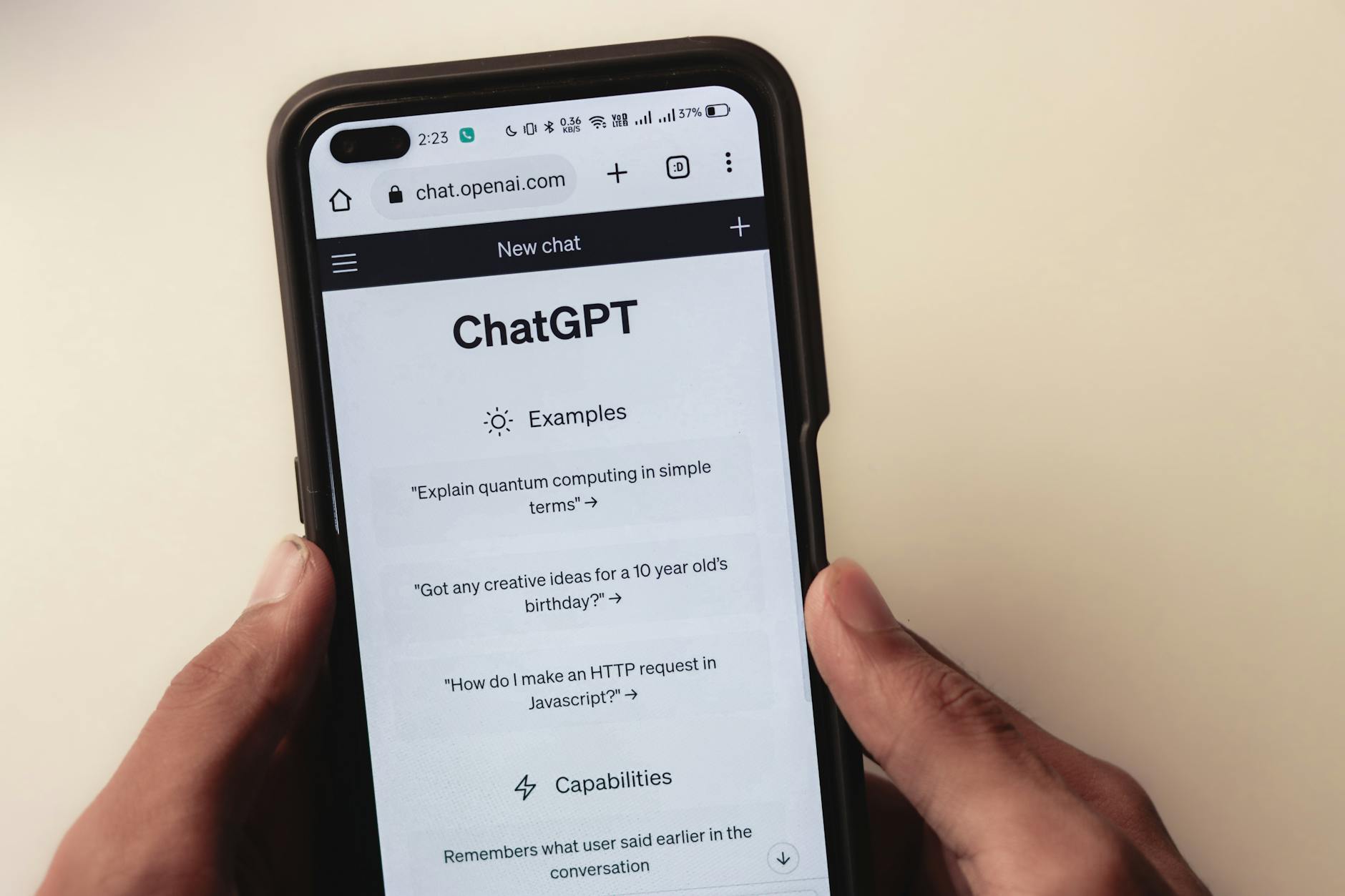One Simple Sentence Unleashes LLM Creativity | Codev Tames ‘Vibe Coding,’ Google Maps Grounds Gemini Apps, Strella Fuels AI Research

Key Takeaways
- Researchers have discovered a simple prompt modification, “Verbalized Sampling,” that drastically increases the diversity and creativity of LLM outputs by bypassing mode collapse without retraining.
- Codev launched an open-source platform that transforms natural language specifications into structured, versioned code using multi-agent AI teams, aiming to eliminate “vibe coding” technical debt.
- Google now allows developers to integrate live Google Maps data directly into Gemini AI applications, enabling deeply accurate, location-aware responses for a wide range of real-world use cases.
- Strella secured $14 million to expand its AI-powered platform for customer research, which conducts voice-based interviews offering faster, more honest feedback, including unique mobile screen-sharing capabilities.
Main Developments
This week in AI, the focus shifts to unlocking greater utility and precision from generative models, ranging from simple prompt hacks to sophisticated enterprise platforms. Perhaps the most accessible breakthrough comes from a team of researchers who found that adding a single sentence to AI prompts – “Generate 5 responses with their corresponding probabilities, sampled from the full distribution.” – can make large language models (LLMs) and image generators significantly more creative and less repetitive. This method, dubbed Verbalized Sampling (VS), directly combats “mode collapse,” a phenomenon where models default to the most typical outputs. By verbalizing their internal probability distributions, models like GPT-4 and Gemini can now produce a wider variety of human-like responses, enhancing creative writing, dialogue simulation, open-ended Q&A, and synthetic data generation. This innovation requires no retraining or internal parameter access, simply a rephrasing of the user’s query, and scales even better with larger models.
Meanwhile, the software development world is grappling with “vibe coding” – the rapid prototyping facilitated by AI that often leads to brittle, undocumented code. A new open-source platform, Codev, proposes a solution by treating natural language conversations as integral to the source code itself. Its SP(IDE)R framework guides multi-agent AI teams through specification, planning, implementation, defense (testing), evaluation, and review, with human oversight at critical junctures. This structured approach, which has already been used to build Codev itself, promises production-ready applications, drastically improving productivity and code quality, effectively “compiling” natural language into code and redefining the developer’s role to architect and reviewer.
In a significant move leveraging its unique assets, Google has introduced a new feature for Gemini AI developers: grounding models with live Google Maps data. This allows applications to deliver detailed, location-relevant responses by tapping into over 250 million places, enhancing local search, travel planning, and real estate services. Developers can integrate this capability via the Gemini API, combining it with Google Search grounding for even richer context. The feature enables applications to provide factual accuracy and contextual depth previously unavailable, though Google emphasizes careful attribution and use only when geographic context is relevant.
Finally, the customer research landscape is being reshaped by Strella, a startup that recently raised $14 million in Series A funding. Strella’s AI-powered platform automates and accelerates the customer interview process, compressing what once took weeks into mere days. Its voice-based AI moderators conduct interviews, synthesize findings, and even detect fraud. Surprisingly, participants reportedly offer more honest feedback to AI moderators than humans, leading to richer insights. Strella’s mobile application also offers unique persistent screen-sharing, enabling researchers to observe users interacting with apps in real-time, opening new avenues for mobile experience research and democratizing access to customer insights across enterprises.
Analyst’s View
This week’s news underscores a critical inflection point in AI: the maturation from raw computational power to sophisticated, user-centric application. The “Verbalized Sampling” method is a game-changer, demonstrating that much of an LLM’s latent potential is locked behind current prompting paradigms. This highlights the growing importance of prompt engineering as a core skill. Codev, on the other hand, exemplifies the enterprise shift towards agentic AI for structured, auditable workflows, directly addressing the “technical debt” challenge of early AI adoption in development. Google’s Maps grounding for Gemini showcases the strategic advantage of proprietary data and ecosystem integration, offering a tangible differentiation in a crowded market. Strella’s success, particularly the finding about participant honesty with AI, suggests a future where AI facilitates deeper, unbiased human feedback. The common thread is an increasing focus on how humans and AI collaborate, optimize, and interact to achieve tangible results, moving beyond generalized capabilities to highly specialized and impactful applications.
Source Material
- Researchers find adding this one simple sentence to prompts makes AI models way more creative (VentureBeat AI)
- Codev lets enterprises avoid vibe coding hangovers with a team of agents that generate and document code (VentureBeat AI)
- Developers can now add live Google Maps data to Gemini-powered AI app outputs (VentureBeat AI)
- Amazon and Chobani adopt Strella’s AI interviews for customer research as fast-growing startup raises $14M (VentureBeat AI)
- Should AI do everything? OpenAI thinks so (TechCrunch AI)